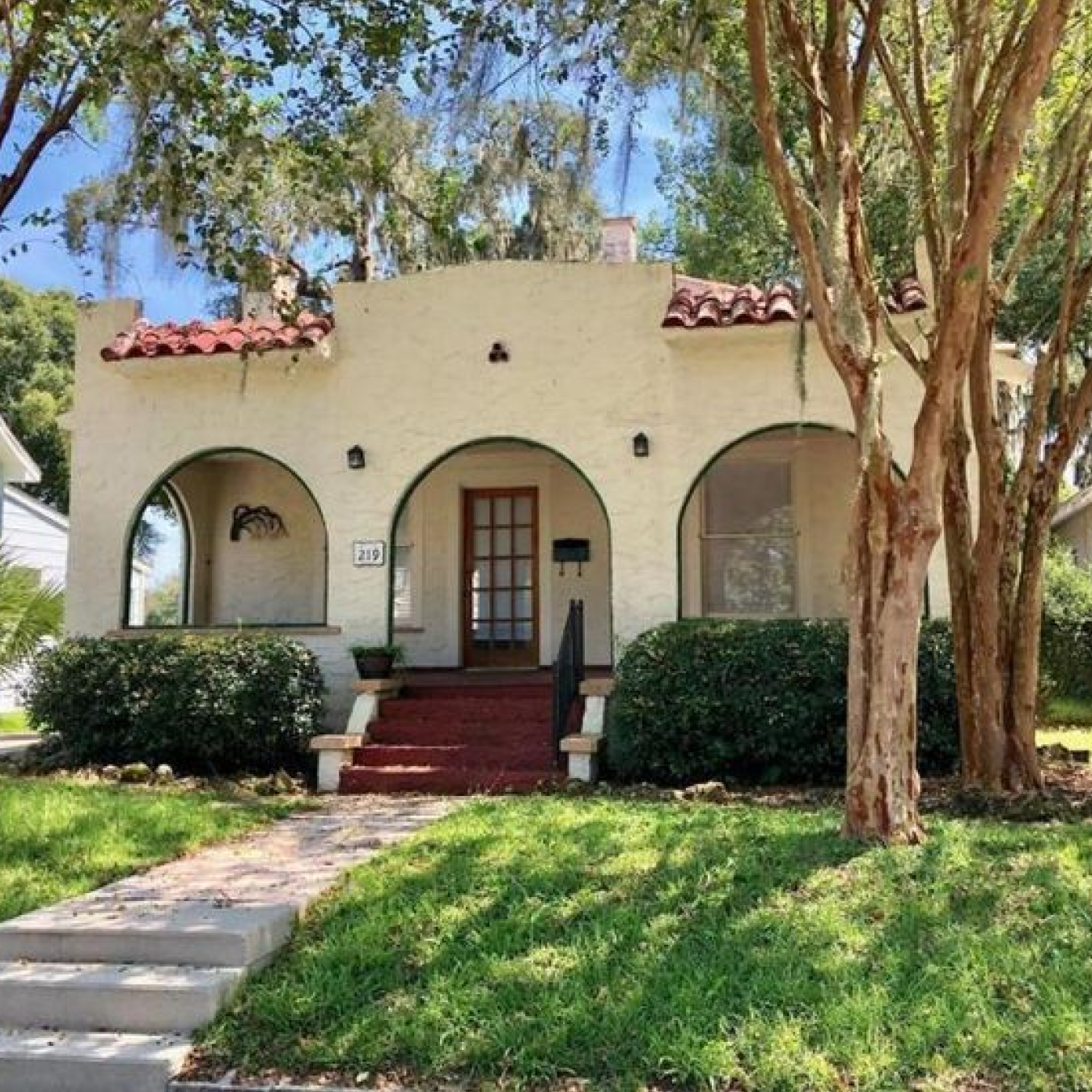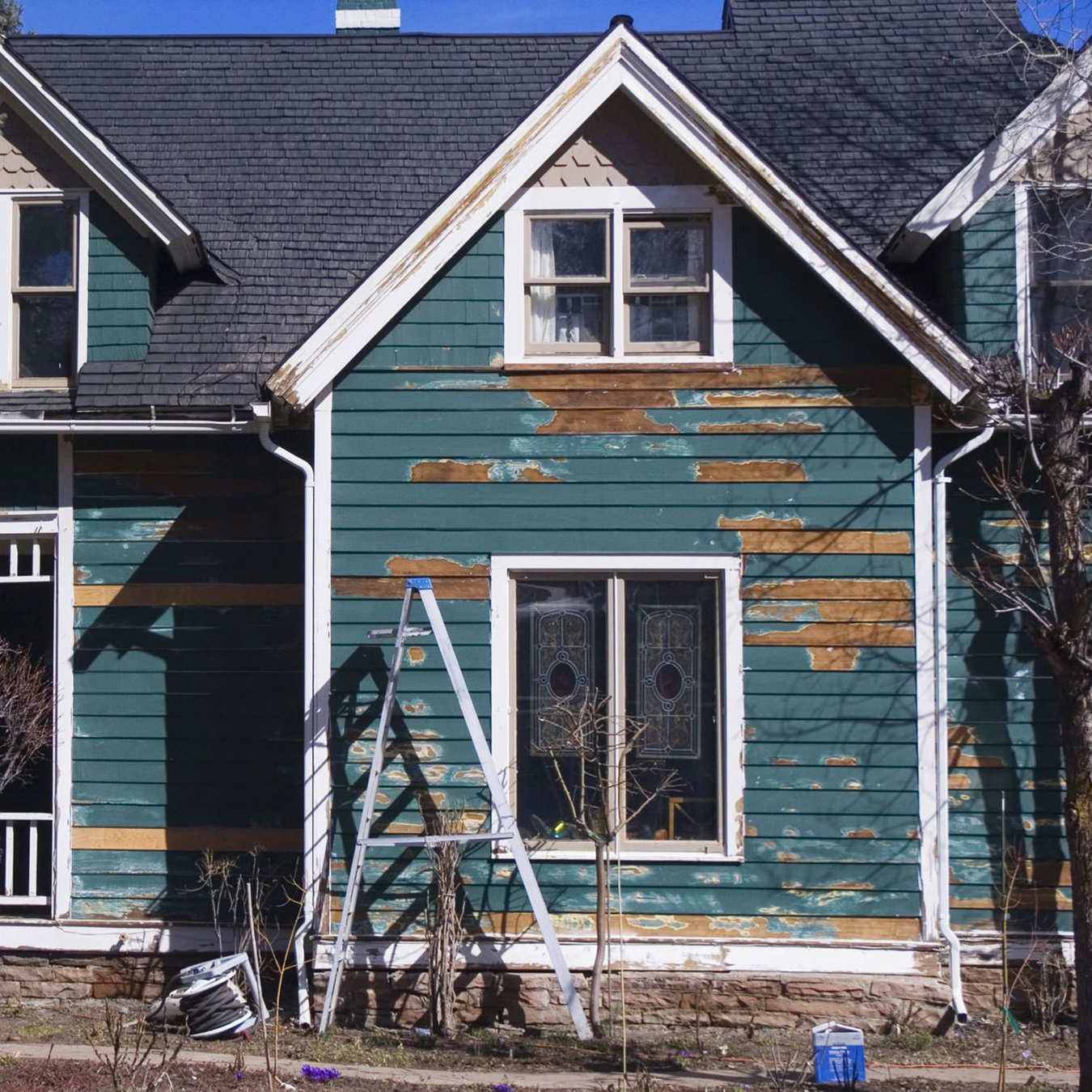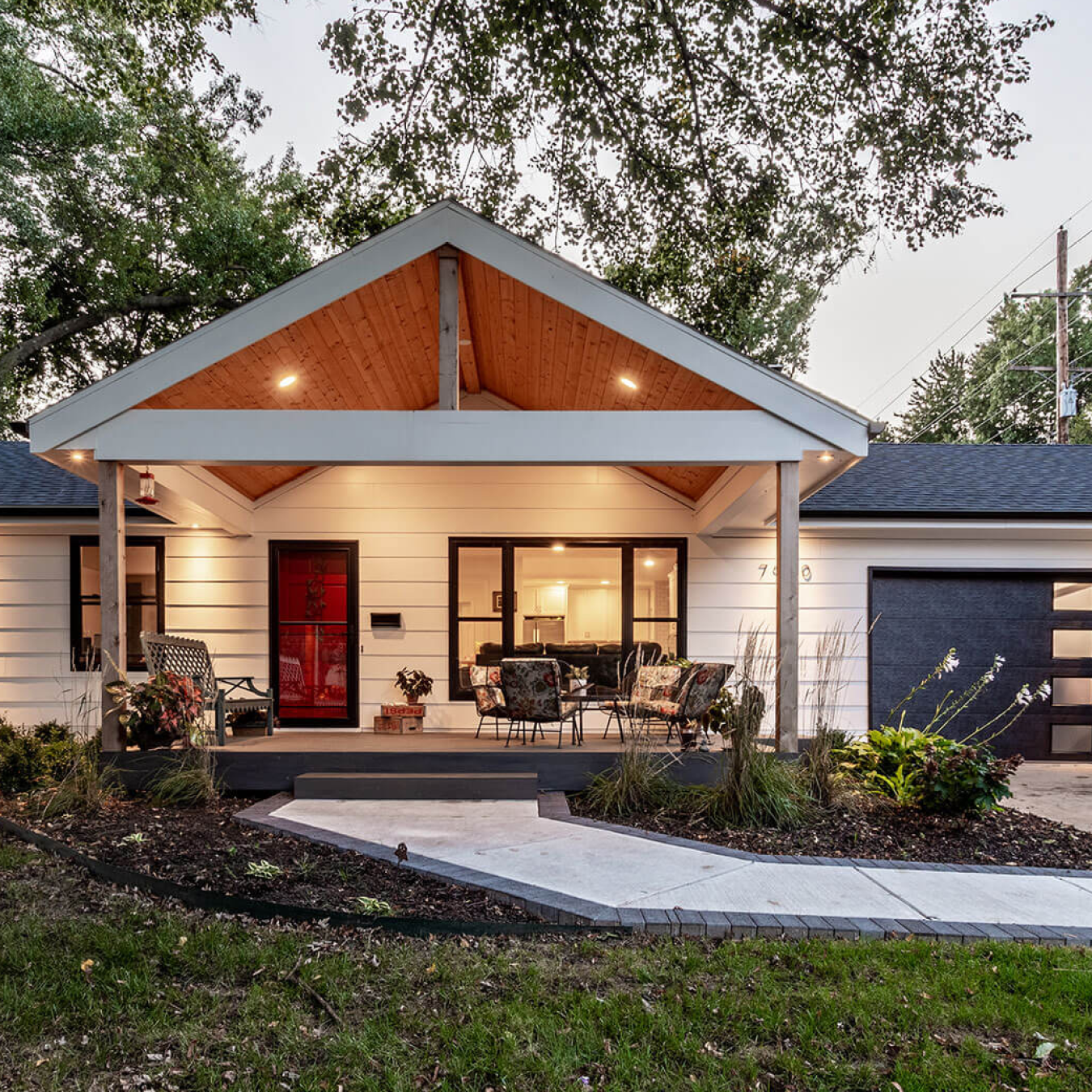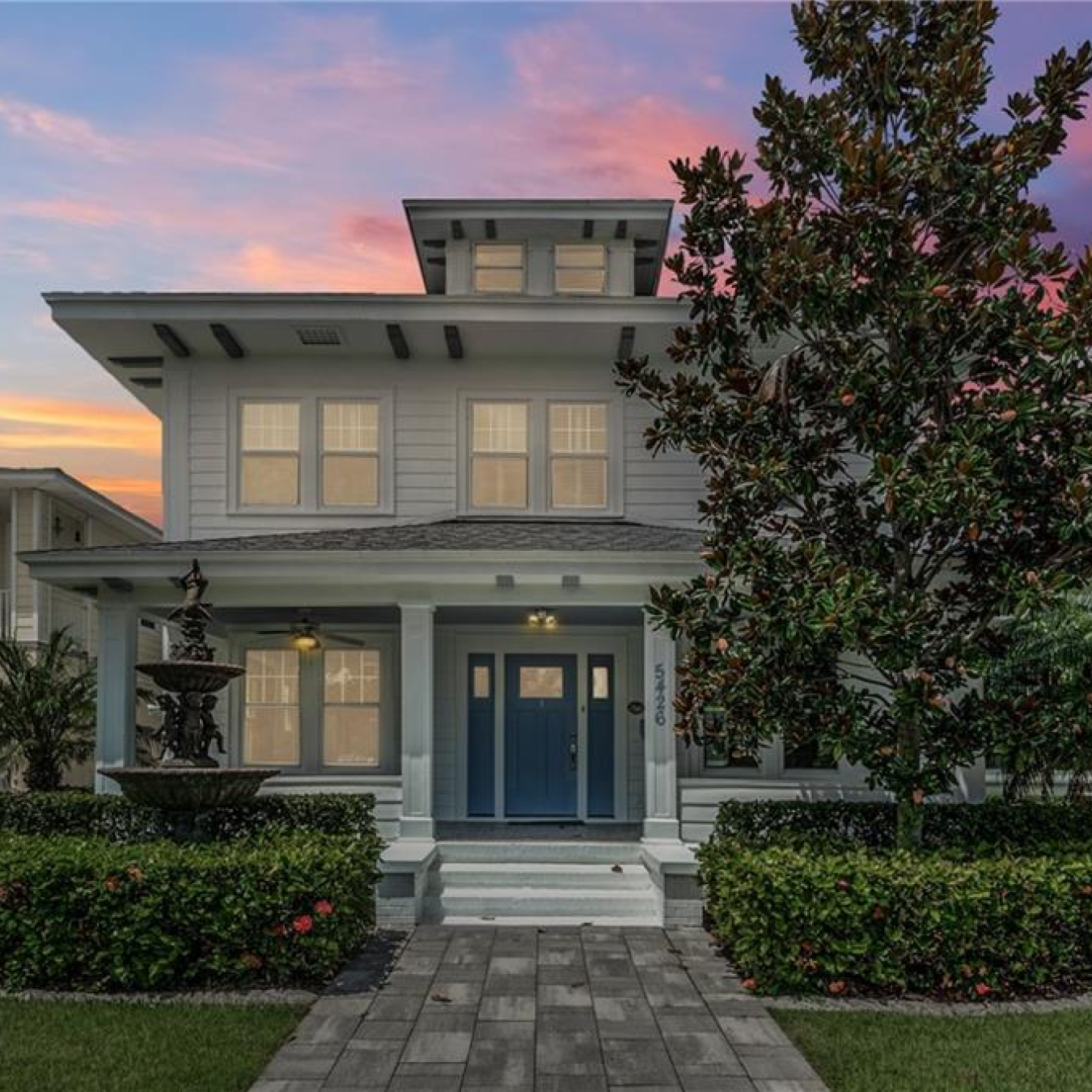Taking On a Fixer Upper
Fixer uppers tend to appeal to two types of people: Homebuyers wanting to stretch their purchasing dollar and investors looking to turn a profit. But not everybody’s cut out for #renolife
Gauge your tolerance for a major renovation. Doing some of the work yourself? It’s hard. Construction is a hassle. Living in a construction zone is miserable. Projects often cost more and take longer than planned.
If you’re ready to move forward, your return on investment will depend on location of the house, which reno projects you do, the materials you use, and the quality of the work.
Prioritize location
A desirable or up-and-coming neighborhood will maximize resale value, so when shopping for a fixer, prioritize location. Even if you plan on living in the house for a long time, still pay attention to what matters to buyers—schools, parks, restaurants, commutes. The location you choose will also impact your budget. The quality of your upgrades and finishes needs to compare well to other homes in the neighborhood.
Rule out major work
There’s a difference between a fixer upper and a home with significant defects. Structural and mechanical is a lot more expensive to fix than cosmetic, so rule out homes that need major work. Keep layout top of mind too: Adding square footage is usually expensive and removing load bearing walls can be costly.
Hire an inspector
Buying a house that needs work is risky, so hire a good home inspector. Include an inspection contingency when you submit your offer. If the inspection reveals serious defects, the contingency lets you back out of the contract and still get your deposit back. You could also get specialized inspections for structural, sewer, radon, lead paint, termites, etc.
Add ten percent
Your inspector can estimate what it would cost to repair the problems revealed in the inspection, but it’s better to get quotes from the contractors who will be doing the actual work. Work with your contractor to make sure your budget takes all costs into account, including permits, materials and labor. Then add 10% for contingencies.





